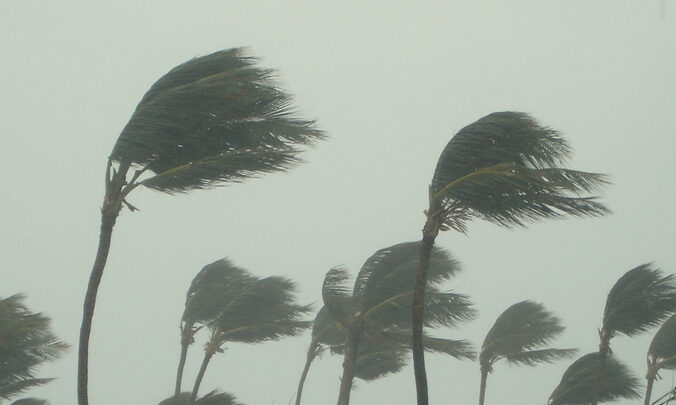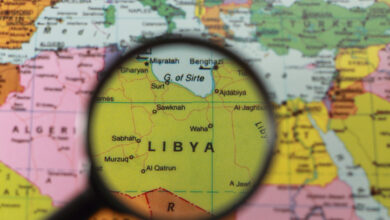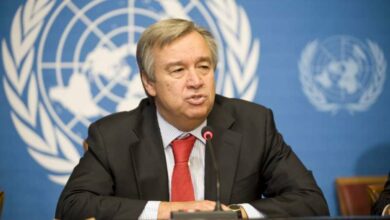World
Cyclone Kenneth Causes Fresh Flooding In Mozambique

Cyclone Kenneth has reportedly caused heavy rains and flooding in northern Mozambique forcing hundreds of people to move to safe places.
Kenneth is the second cyclone to have hit the African coast in the same season, following Cycle Idai which caused mass destruction through Mozambique, Malawi, and Zimbabwe. The cyclone killed more than one thousand people and caused damage estimated at around $2 billion (1.8 billion euros).
Cyclone Kenneth, which struck northern Mozambique with the force of a Category 4 hurricane, late Thursday, has already taken the lives of five people and flattened homes around Mozambique’s northern coast before moving inland and pounding rains on the Cabo Delgado province. The cyclone killed three people in the island nation of Comoros on Wednesday, prior to reaching Mozambique, reported CNN.
Mozambique’s disaster authorities have reported that one person was killed in Pemba city and another in hard-hit Macomia district, while residents on Ibo island said two people died there. Details on the fifth death are currently unavailable.
A United Nations spokesman said the rescuers have moved in to help people trapped by rapidly rising flood water in the northern Mozambique city of Pemba, which is home to over 200,000 people.
Saviano Abreu, the spokesman for the UN Office for the Coordination of Humanitarian Affairs (OCHA) in southern and eastern Africa, said heavy rain was falling in the main city of Pemba, which had lost power. He added that rescue workers are assessing the scale of the flooding in Pemba and the surrounding areas, where there are reports of waist-high water. The government officials have urged people to head to higher ground.
The UN World Programme has warned Kenneth could dump twice as much rain on Mozambique over the coming days, which will likely put more lives and property at risk as the heavy rain can add to ongoing flooding problems.






